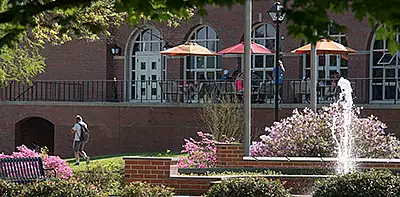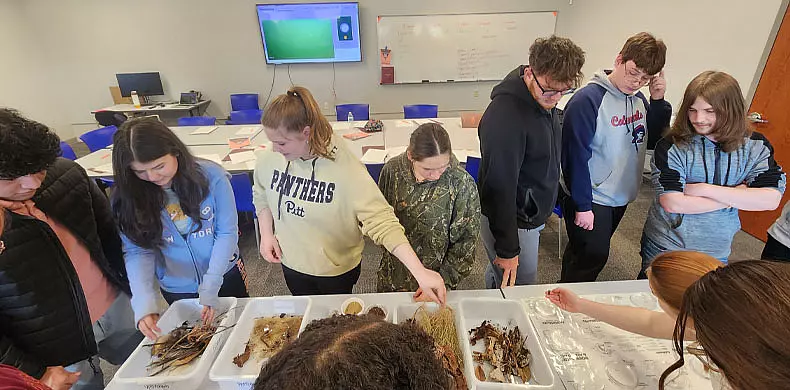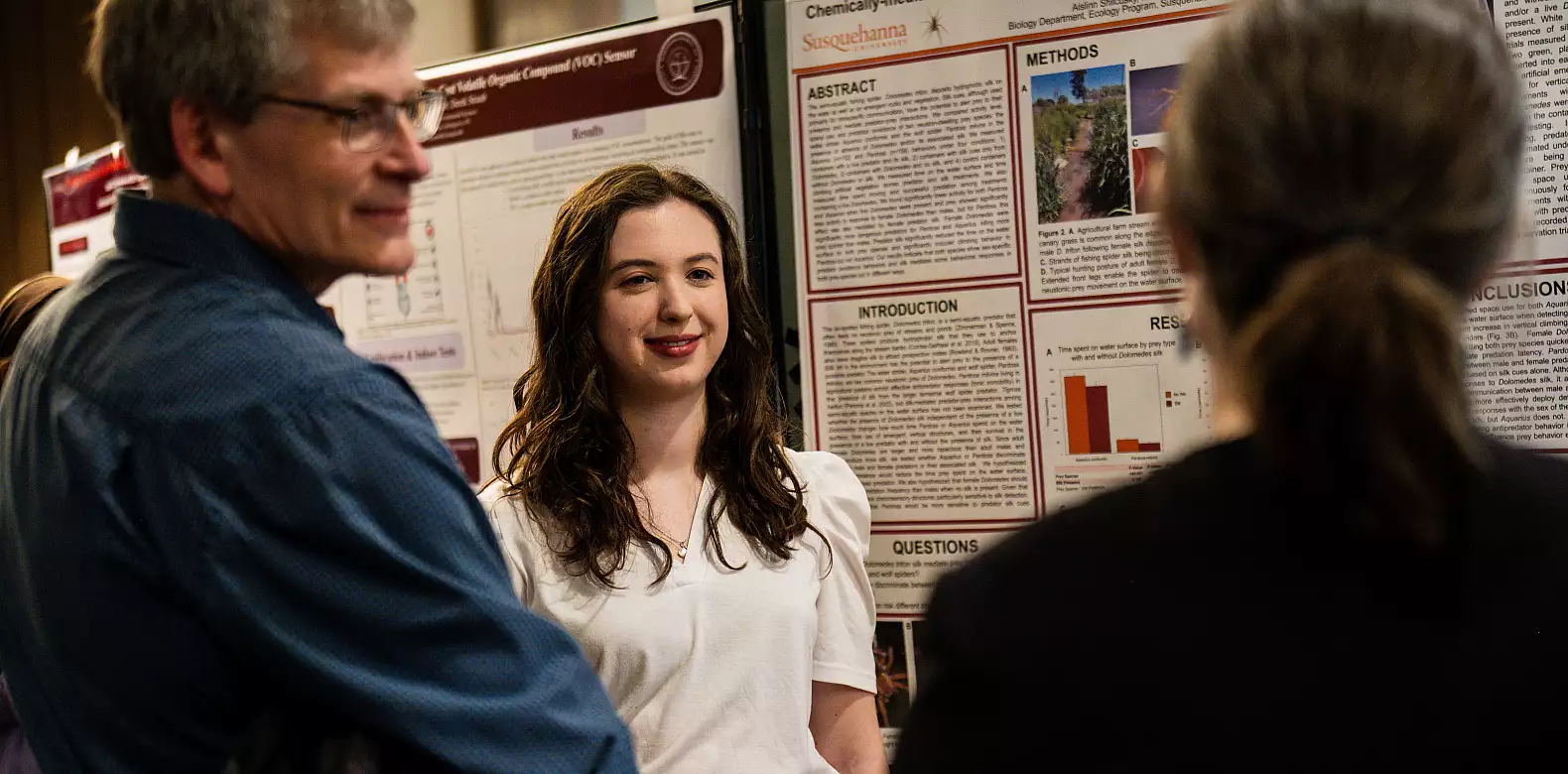Susquehanna operates a 12,000-panel solar array that supplies 30 percent of the university’s electricity needs.Susquehanna University has been named among the Sierra Club’s Cool Schools, marking the university’s first appearance in the “green” ranking. This comes on the wings of Susquehanna’s being named the 1st college in Pennsylvania to be certified as a Bee Campus USA school.
Cool Schools assesses colleges’ performances in everything from what they teach to how they obtain their electricity to their sources of cafeteria food and how they manage their water. Susquehanna is ranked 260th on the list.

“Our presence on this list is testament to the remarkable strides we’ve made in our ongoing sustainability efforts,” said Kathy Straub, professor and chair of the Department of Earth and Environmental Sciences and director of the Center for Environmental Education and Research. “From our academics and research to operations and planning, there exists at Susquehanna a campuswide dedication to environmental stewardship that will only continue to grow.”
Participation in Sierra magazine’s 12th annual Cool Schools ranking was open to all four-year undergraduate colleges and universities in the United States and Canada, as well as two-year community colleges.
Scores are based on a data-sharing partnership between the Association for the Advancement of Sustainability in Higher Education’s (AASHE) STARS report and the Sierra Club.
STARS, the Sustainability Tracking, Assessment & Rating SystemTM, is a nationally recognized assessment tool for colleges and universities to measure their sustainability performance. Susquehanna earned a STARS Bronze in its inaugural rating in 2018.
Sierra processed the STARS data through a custom-built formula that ranked the schools according to its own weighting criteria across 18 categories that reflect the broader priorities of the Sierra Club. For example, more weight is given in the areas of energy, air and climate, and transportation because the Sierra Club believes that progress in these sectors is essential for addressing the climate crisis. In the category of engagement, Sierra gives more weight to public engagement efforts out of the belief that colleges and universities have a responsibility to encourage students to be civic actors in their communities.
The Sierra Club is the nation’s largest and most influential grassroots environmental organization with 3 million members and supporters.




